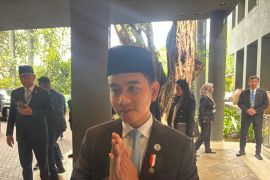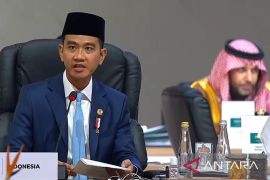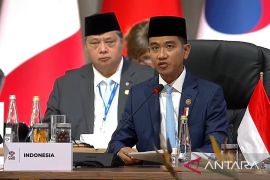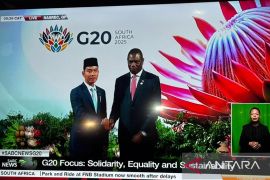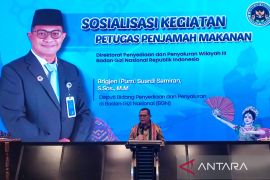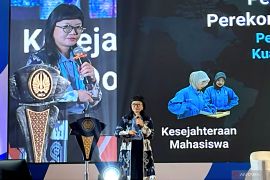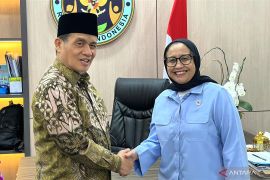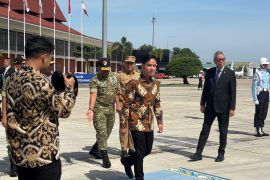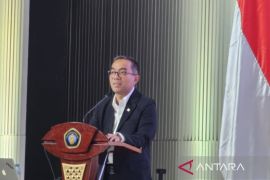Umiyatun Hayati Triastuti, the transportation ministrys acting railway director general, revealed that several challenges, including the lengthy preparation process, difficulties in determining the train tracks, and land acquisition process, are faced in the development of railway infrastructure.
"Another challenge is related to the limited source of finance, which based on the National Strategic Plan for 2014-2019 period, only covered 27 percent of the state budget," Triastuti noted during a press conference in Jakarta on Monday.
Such financing scheme creates a financial gap of 73 percent that is expected to be filled by state-owned enterprises or through private investment.
Among dozens of railway projects currently being constructed in the country, 15 are financed entirely by the state budget, five are being developed under the government-business entity cooperation scheme, and three projects are being implemented through investment.
Five railway projects being developed under the government and business entity cooperation scheme are on routes: Puruk Cahu-Bakuang (Central Kalimantan), Muara Enim-Pulau Baai (South Sumatra), Tanjung Enim-Tanjung Api-Api (South Sumatra), East Kalimantan, and the Jakarta light rapid transit (LRT).
Meanwhile, three railway projects with financing sourced from investment are the Jakarta-Bandung high-speed rail link, Soekarno-Hatta airport train railway, and Jakarta LRT project.
Earlier, the Transportation Ministry had said it will build loop lines in an effort to eliminate railway crossings along the tracks of commuter trains in the capital city.
Transportation Minister Budi Karya Sumadi stated that the train tracks will be elevated at the current railway crossings across the capital, a program that could increase the frequency of train trips and ease traffic congestion in the nearby areas.
The project is estimated to cost between Rp7 trillion (US$524.31 million) and Rp8 trillion. The funds will be allocated from both the state and the Jakarta administration budget, Sumadi added.(*)
Editor: Heru Purwanto
Copyright © ANTARA 2017

